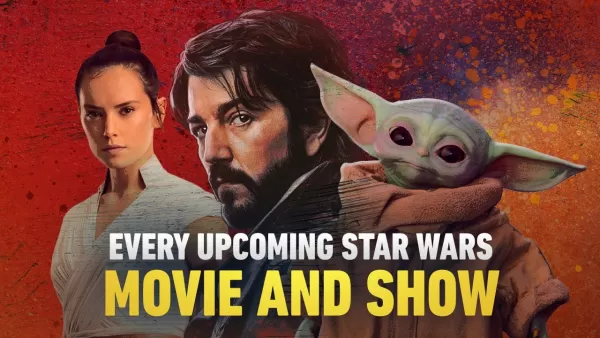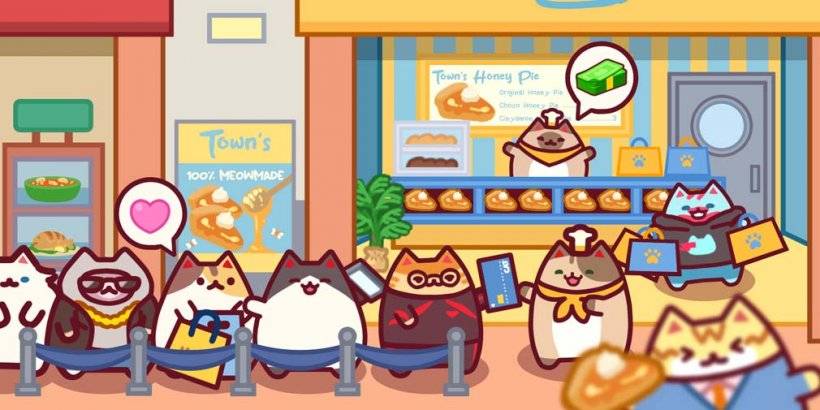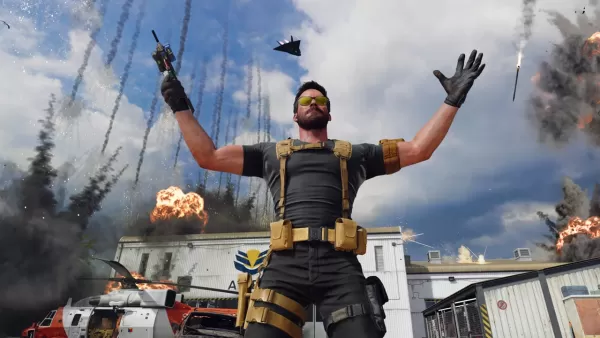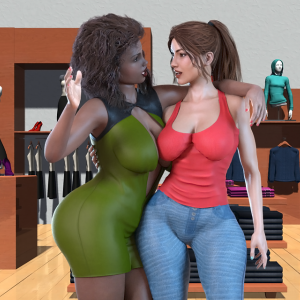A former narrative director at PlayStation, Kim MacAskill, has launched a petition urging the creators of the Until Dawn movie to properly credit the original game's writers. As reported by Eurogamer, MacAskill's petition seeks to influence Sony to revise the credits for the film adaptation of Until Dawn, emphasizing the need for recognition of the game developers who crafted the iconic game.
In her petition, MacAskill expressed frustration over the lack of acknowledgment for the game's creators, stating, "They spent years breaking their brains to make something incredible, and the world DESERVES to know their names... instead… No credit. No thanks. No honor." She highlighted the disparity in crediting practices by comparing the Until Dawn movie to HBO's adaptation of The Last of Us, which prominently credits both Naughty Dog and Neil Druckmann.
MacAskill elaborated on her concerns in a LinkedIn post, revealing that Sony executives informed her that she would never receive credit for the IP she created while employed by the company, due to her salaried status. She directly addressed Sony, questioning the difference in treatment between her and other creators within the company, such as Neil Druckmann.
The petition calls for Sony to revise its approach to crediting in transmedia adaptations, suggesting that an executive producer credit or equivalent acknowledgment would appropriately honor the original creators. MacAskill emphasized the broader impact of such recognition, stating, "Let's advocate not only for the Until Dawn creators but for the integrity of the industry. By ensuring that creative voices are properly recognized, we can continue to inspire future generations of creators who dare to dream beyond current constraints."
In related news, it was recently announced that Until Dawn Remastered will be available on PlayStation Plus in May 2025, likely as a promotional move for the newly released Until Dawn movie. However, the movie received a lukewarm reception, earning a 5/10 rating from IGN, which criticized it for failing to capture the essence of the original horror game.








